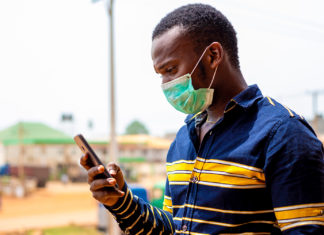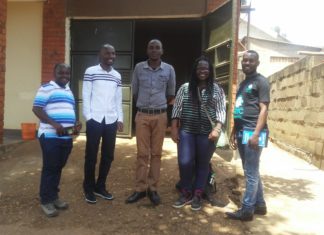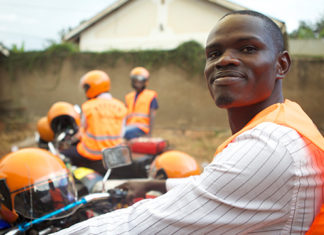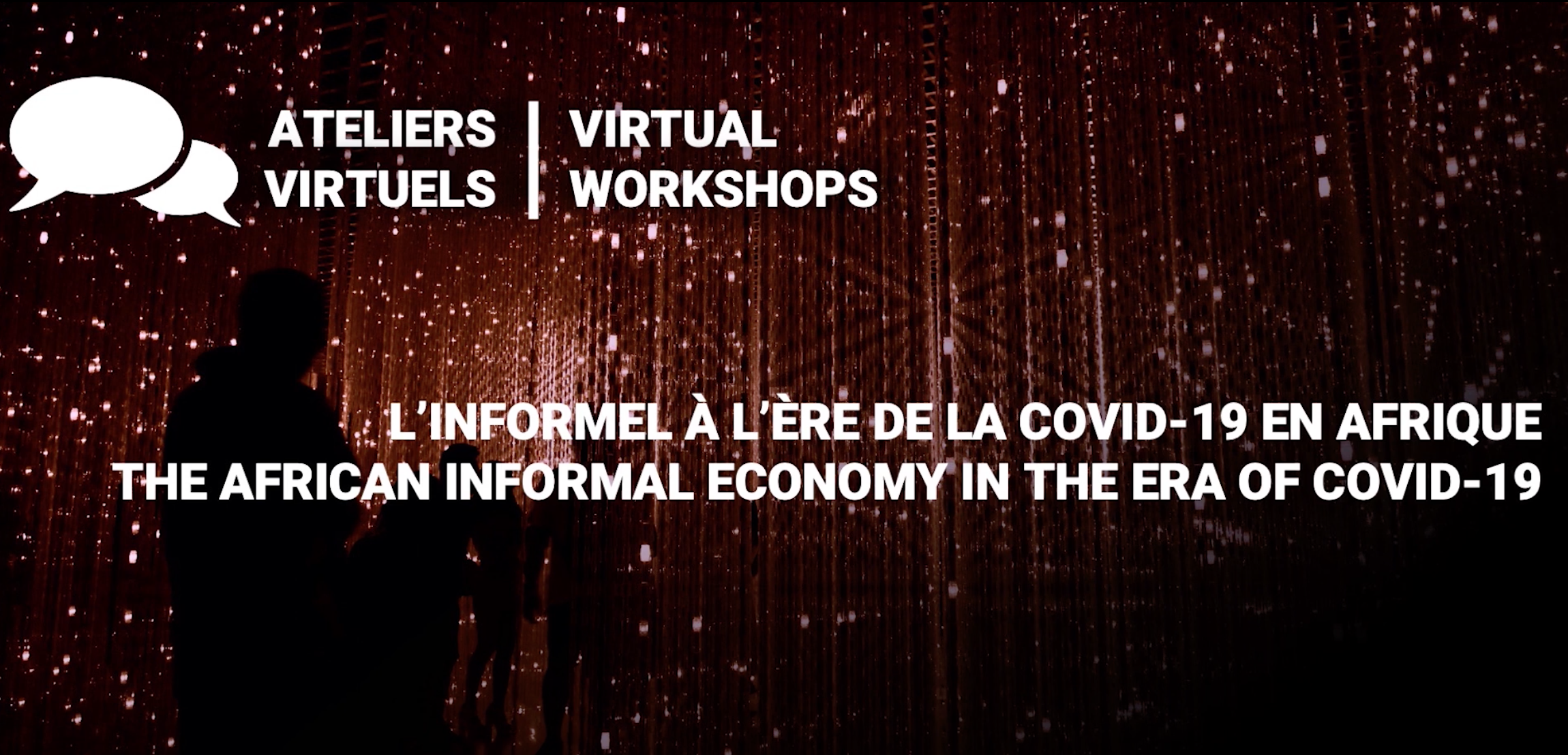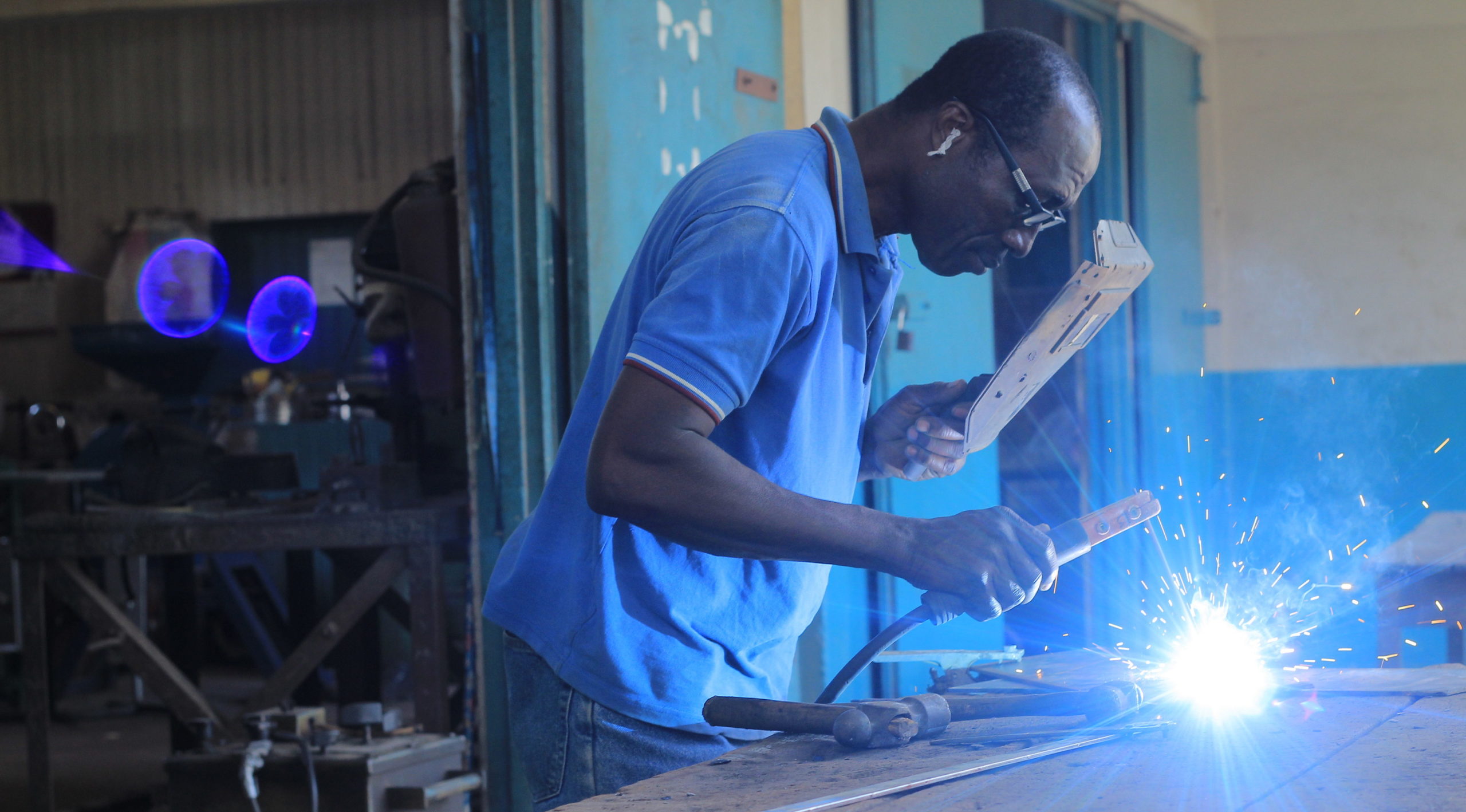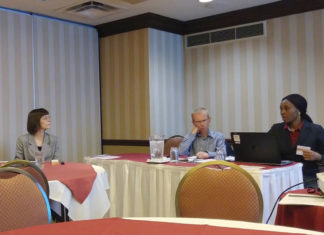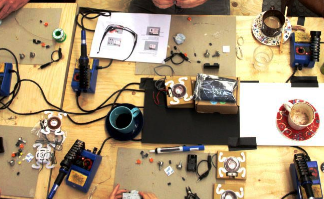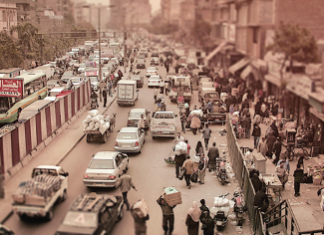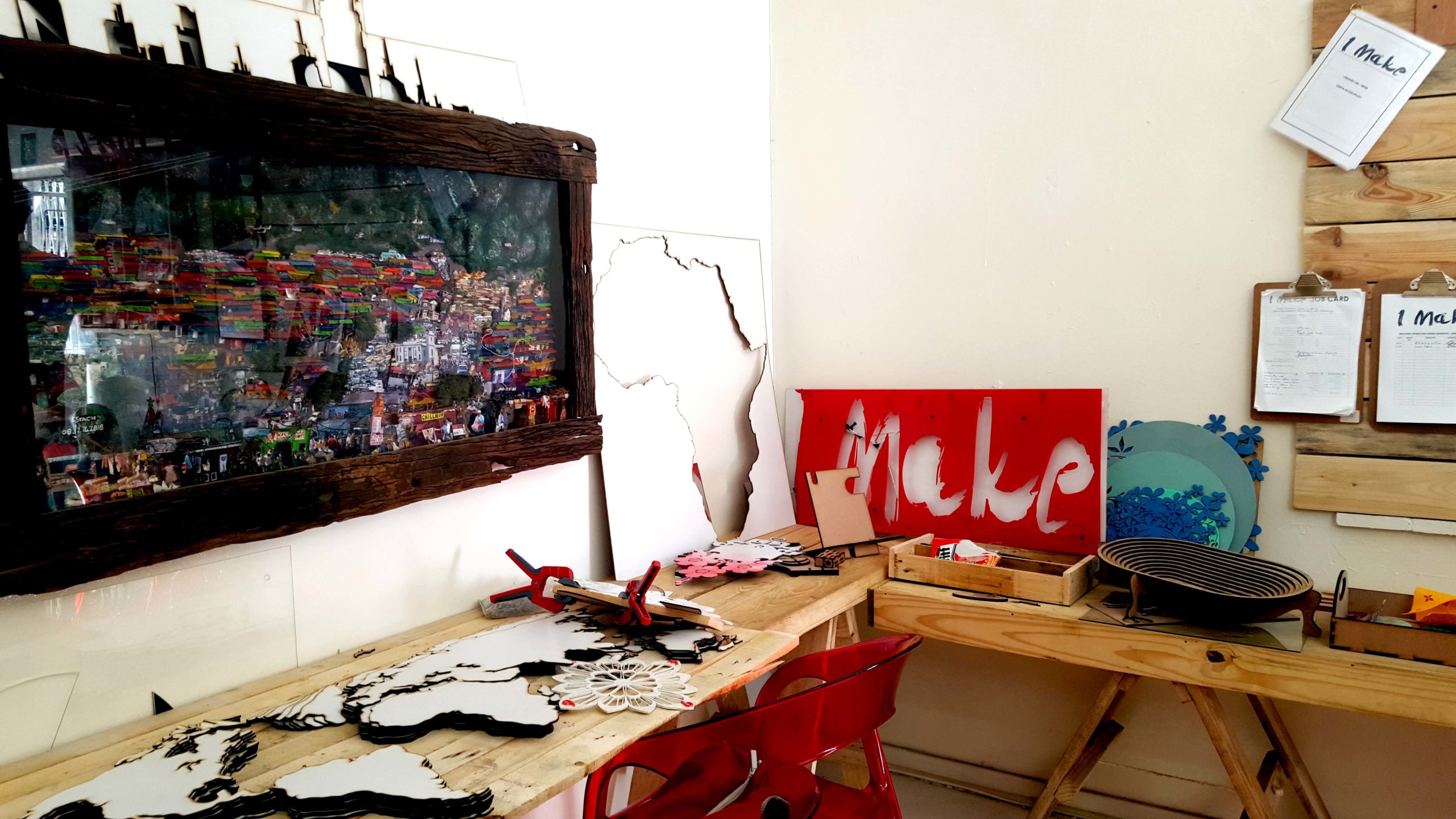Life under COVID-19 for micro and small enterprises in Africa: a...
By Bertha Vallejo and Erika Kraemer-Mbula
Dr. Bertha Vallejo is an OpenAIR QES fellow with the University of Johannesburg. She analyzes the adoption of Industry...
Challenging the Meaning of Innovation: Lessons from Refugee-Founded Organizations in Kampala
There is often a limited and constricted view of African innovation, especially when it comes to refugees and internally displaced persons (IDPs). While there is the common perception that refugees on the continent are resilient, innovative, and resourceful, it is only in the sense that “one man’s trash is another man’s treasure”. Too often, refugees and IDPs are perceived as persons with only needs. The reality is that refugees and IDPs are just like everyone else and bring many skills, ideas, and innovations to the global marketplace, both the marketplace of ideas and of goods.
Exploring Crowd-Based Capitalism in Africa’s Sharing Economy
The sharing economy has been growing at an ever-accelerating pace throughout the world as peer-to-peer networks and collaborative company models continue to pop up. The sharing economy, according to Rachel Botsman, is “an economic model based on sharing underutilized assets, from spaces to skills to stuff, for monetary or non-monetary benefits.” They often involve platforms that enable the exchange of services between peers or businesses. Arun Sundarajan explains the sharing economy somewhat differently: “What is new, in the “sharing economy,” is that you are not helping a friend for free; you are providing these services to a stranger for money.” He describes this as “crowd-based capitalism.”
Open AIR initie un débat intra-africain sur l’informel à l’ère de...
Par Abdelhamid Benhmade
En collaboration avec le Centre de recherche en droit, technologie et société (CDTS), DST/NRF/ Newton Fund Trilateral Research Chair in Transformative Innovation, et,...
Strengthening innovation support systems at Ghana’s Suame Magazine
In my previous blog on skills development and innovation at Ghana’s Suame Magazine, I showed how the high level of collaboration and sharing of knowledge and skills within the cluster is contributing to innovation. Further, I provided some preliminary findings on the inability of these artisans’ to keep pace with the changing technology landscape. I also found that few artisans expressed interest in joining or maintaining a membership with local trade associations due to these associations’ inability to implement their key mandate of skills development and facilitation of business for members and firms.
Fablabs et le développement durable de l’Afrique
Par Thomas Hervé Mboa Nkoudou
Je suis Thomas Hervé Mboa Nkoudou, doctorant en Communication Publique à l’Université Laval (Québec, Canada). Je m’intéresse à la contribution des tiers-lieux de...
Invention in Africa: Open AIR shares its Model at CAAS 2019
By Uchenna Felicia Ugwu
Africa is becoming recognized as an important hub of
informal innovation, which should not be excluded or ignored by formal systems
for IP...
Contributions des markers d’ici et d’ailleurs à la lutte contre la...
Par Ahou Rachel Koumi et Thomas Hervé Mboa Nkoudou
Ceci constitue la deuxième partie d’une série de trois. Pour la première partie, cliquez ici. La...
Vulnerabilities Exposed: COVID-19 and Informal Livelihoods in Egypt
By Nagla Rizk
This article was originally published by Medium
“I wish they let us move and to end the curfew, so we go to work....
Africa’s Maker Movement: An Overview of Ongoing Research
Makerspaces are places where people gather to build projects, learn new technologies, and develop entrepreneurial opportunities. Open AIR is conducting research on makerspaces across the African continent.

